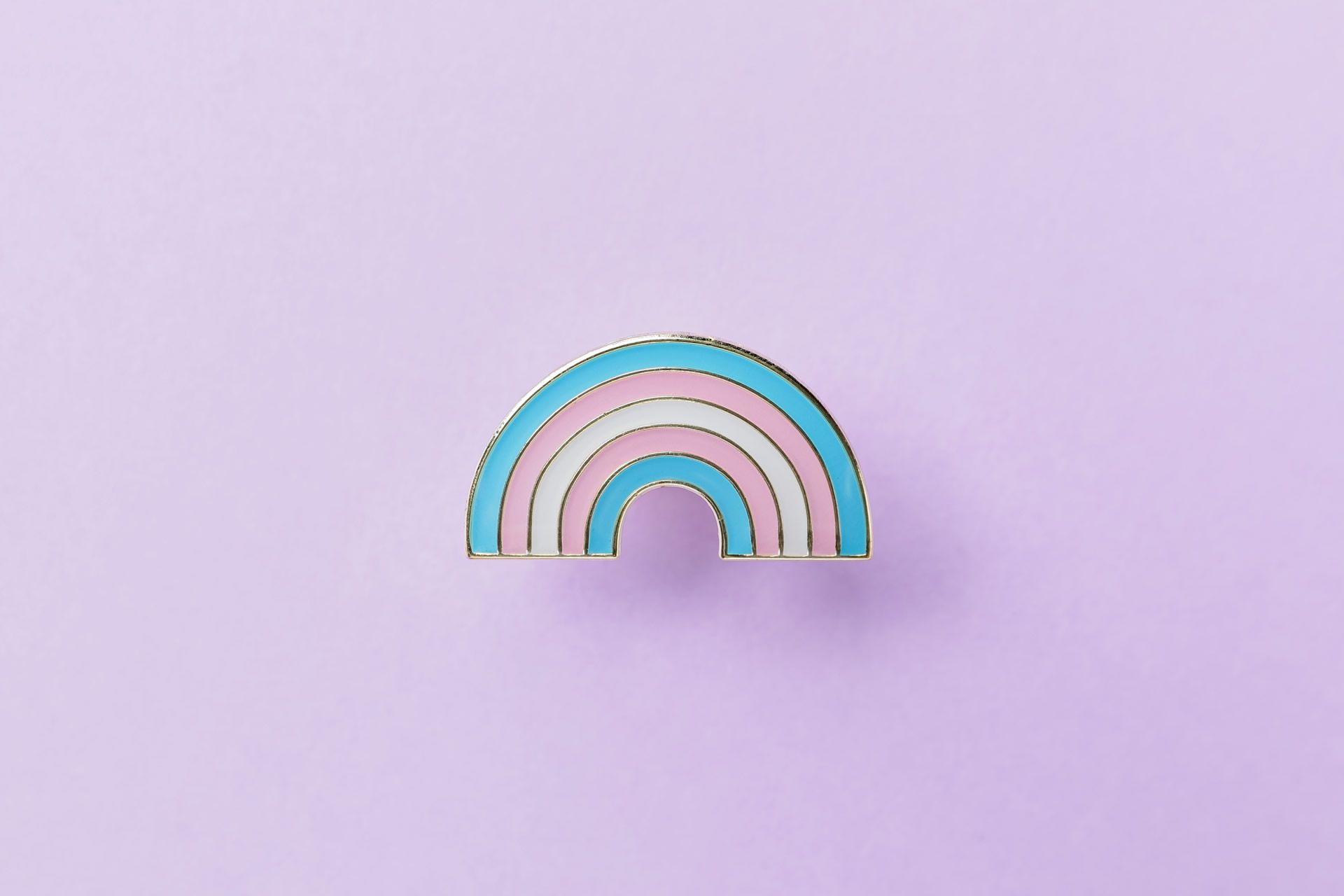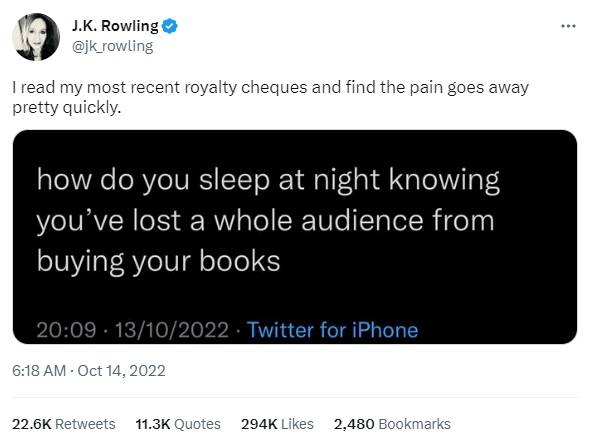Cancellation
Or, the times they are a changing.

So Barry Humphries died, may he rest in peace. This iconic Australian created Dame Edna Everage, a character who will forever remembered for her purple hair (the colour of wisteria) and sensational glasses. I have to confess that I’ve never been a fan; her biting wit was just that little too bitchy for me. She kind of made me cringe.
About five years ago, Humphries made some transphobic comments, which attracted criticism from comedian Hannah Gadsby, among many others. Both Humphries’ comments and Gadsby’s response were widely reported.
Then Humphries was ‘cancelled’ by having his name removed from an award at the Melbourne International Comedy Festival, the ‘Barry’. Apparently, he was hurt by this.
Yet the target of Humphries' comments was a community of people who are hurt all the time. According to the Australian Human Rights Commission, transgender males and females experience significantly higher rates of physical and non-physical abuse compared with lesbians and gay men. And, according to Orygen, trans and gender-diverse young people have elevated rates of psychological distress, mental ill-health and suicide risk when compared to their cisgender peers.
This article by Joanna McIntyre describes the difference between being transgender and doing drag, separating Humphries from both. Dame Edna was a product of cis culture. The comedy was built upon a man dressing as a woman, mocking and satirising. I’m tempted to go so far as to say that it was a kind of black face. Dame Edna, Mrs Doubtfire, Tootsie, they were all cut from the same satirical cloth – the one with cliched motifs of femininity boldly emblazoned on it.
During the 2020 lockdowns, I binge-watched Friends, one of my favourite TV shows from the 1990s. With my contemporary eyes, I saw that the show mocked women and femininity, repeatedly and unapologetically. And I wondered how much of that mockery my younger self had simply absorbed, letting it define her perception of her body and eroding her fragile self-esteem.
This week, I picked up a book by Liane Moriarty called The Husband’s Secret. I’d never read Moriarty’s work before and I wanted to know what all the fuss was about. I made it to chapter 2, where she launches into fat-shaming a character named Felicity. Felicity had once been a size 22 but – lo and behold – she lost all that weight and, in doing so, bagged herself a man.
That book was written in 2013 and it’s quite likely that, should I have picked it up then, I wouldn’t have blinked an eye at the way Felicity was depicted. But ten years later we know differently. We know that fat-shaming is a thing, and that we no longer have to put up with it.
Maya Angelou said: “When you know better, do better” and with this in mind I decided not to continue reading The Husband’s Secret. Simple as that.
Am I cancelling Liane Moriarty? Pretty much. Maybe she’s evolved since 2013. Maybe not. It doesn’t matter to me as there are so many other books to read. It certainly won’t matter to her because her books will still fly off the shelves. Much like J.K. Rowling, she’ll continue to succeed no matter what.

Earlier this year changes were made, controversially, to some of Roald Dahl’s books because they were no longer considered politically correct. I argued that Dahl’s books shouldn’t be updated, and I don’t think Moriarty’s book should be either. These are historical artefacts and barometers of how far we’ve come.
Humphries' words can’t be erased or republished with a different spin. Maybe by giving them so much airtime we’re playing into the controversy, spreading the beliefs. Maybe we should just let them fade away.
I love what Sammy J has to say:
Perhaps the biggest problem for Humphries’ legacy is simply the passage of time. In this, we are all united. Chances are we’ll all mouth off about something we don’t quite understand when we’re in our 80s and be smacked down by younger generations. I mean, it’s already happening to me, and I’m only 39.
Barry Humphries was old school. His friends at The Spectator mourn him while still referring to Australia as ‘these colonial shores’. Meanwhile, the kids get on with their lives, bending their genders any which way they please and discarding what they know to be bullshit – whether the old farts like it or not. I can’t wait to see them become parents and leaders in our community.

